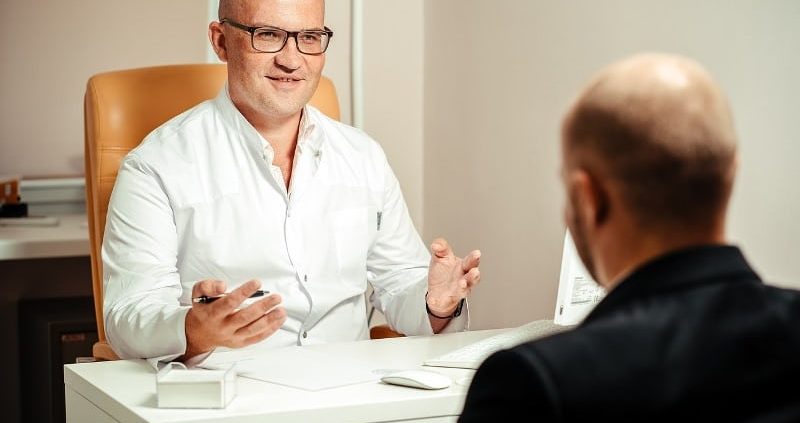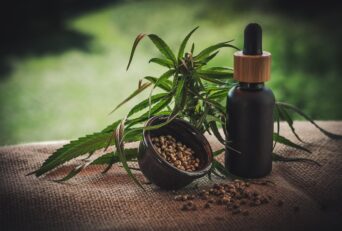The first step of addiction treatment is the hardest. That is when you are detoxing from your given addiction and going through all the stages of withdrawal. It is an intense, physiological process wherein your body thinks it is dying from a lack of indulgence in your vice.
But what comes next? If you do not know how to act after detox and withdrawal has passed, then there is a good chance of falling back into bad habits and relapsing.
That is because even though the worst is behind you, there are still a lot of struggles left to go.
Table of Contents
Introducing Aftercare
Your aftercare routine is the main thing you need to think about once you have gotten out of detox and withdrawal. When you go to the dentist, you can’t eat for a while after. When you do your laundry, you don’t want to dirty things up too fast. And after detox, you need aftercare.
But what is aftercare? The easiest way to describe it is that aftercare is your plan of action after you detox. Once your withdrawal is complete, you are still an addict, you are just an addict with far fewer symptoms of addiction. And the main one you have to deal with is cravings.
If you do not plan how to respond to cravings, you have a good chance of relapsing. We emphasize “having a plan”, because that is the core of it: if you have a craving, you need to know how to respond. But cravings are only one front of the battle.
You also need to know how to go forward with life in general. Taking care of your body, taking care of your mind, and taking care of your environment are all critical.
So, let’s talk about how aftercare is done and what the steps are.
What are the Steps of Aftercare?
Once you have detoxed, you still need to clean up your mind, body, and environment. But each of those things is a project in itself, so let’s break it down into three steps.
Step One: Cleaning Your Mind
Getting your mentality towards your addiction in order is important to your mental health. Usually, you should start with finding a place to get counseling. That means a therapist you can talk with one-on-one, a support group, or an anonymous mental health chat service.
You can do any one of these, or you can do all three. Just so long as it gets you recognizing and cognizant of both what you feel and why you feel that way. The goal is to attain acceptance of your situation and to purge yourself of all self-judgments.
Too many addicts make things harder for themselves by directing anger inwards. Avoid that, or it will turn into depression that makes it much harder to recover.
Step Two: Cleaning Your Body
Physical health is a critical component of recovery. Ideally, you should have started working out as part of your detox and withdrawal process. But when do things ever turn out ideally?
No matter how your detox went, it is never too late to start getting physically active. And, more importantly, it is always good for dealing with your ongoing cravings. There are two reasons why: First, it gives you something to do. Lots of addicts became addicts because they started using their vice as a means of relaxing and filling time, and things got out of hand.
By making working out one of your hobbies, you can always literally outrun a craving.
Second, having a physically active body helps cravings be weaker in general. Remember, you have cravings because your body thinks it can’t survive without your vice. But if your body is in a healthy condition, then that instinct will be far lesser since your body has more resilience.
Step Three: Cleaning Your Environment
Addicts often underestimate how much their environment contributes to their addiction. Whether it is a messy room that makes them sad or a group of friends that don’t do anything with their free time besides drink or do drugs, you need a good environment to stay clean.
That means getting rid of drug paraphernalia and avoiding contact with people who are in the process of using drugs. You do not have to cut those people out of your life entirely. Unless that person is actively antagonizing you, having a friend is better than not having one.
Just be sure to draw boundaries and make it clear that there shouldn’t be anything like your vice or that reminds you of your vice in your space.
When Does Aftercare End?
It is pretty safe to say that aftercare does not end. But that should not be taken to mean that addiction lasts forever. There will almost certainly be a time when your cravings go away and your signs of using your vice will heal to the point of being invisible.
However, the steps you took to make yourself healthy enough to get there should remain. They do not have to, but those steps are good for you whether you are an addict.
That is what makes aftercare so important: You are basically doing what you need to do to have a healthy life. You are just making a plan and doing it more intentionally in order to handle those tasks while under the thumb of cravings and post-detox stress.
Conclusion
While addiction can feel like a never-ending battle, you should always remember that no one is ever too far gone. Relapse, while admittedly common, is not inevitable.
You should never do it alone though. Always have someone to talk to during aftercare to make sure that your plan is sound. This can be a friend or a family member, but preferably it is a medical professional. If you need professional help, or know someone who does, do not be afraid to contact us about it: https://epiphanywellness.com/






